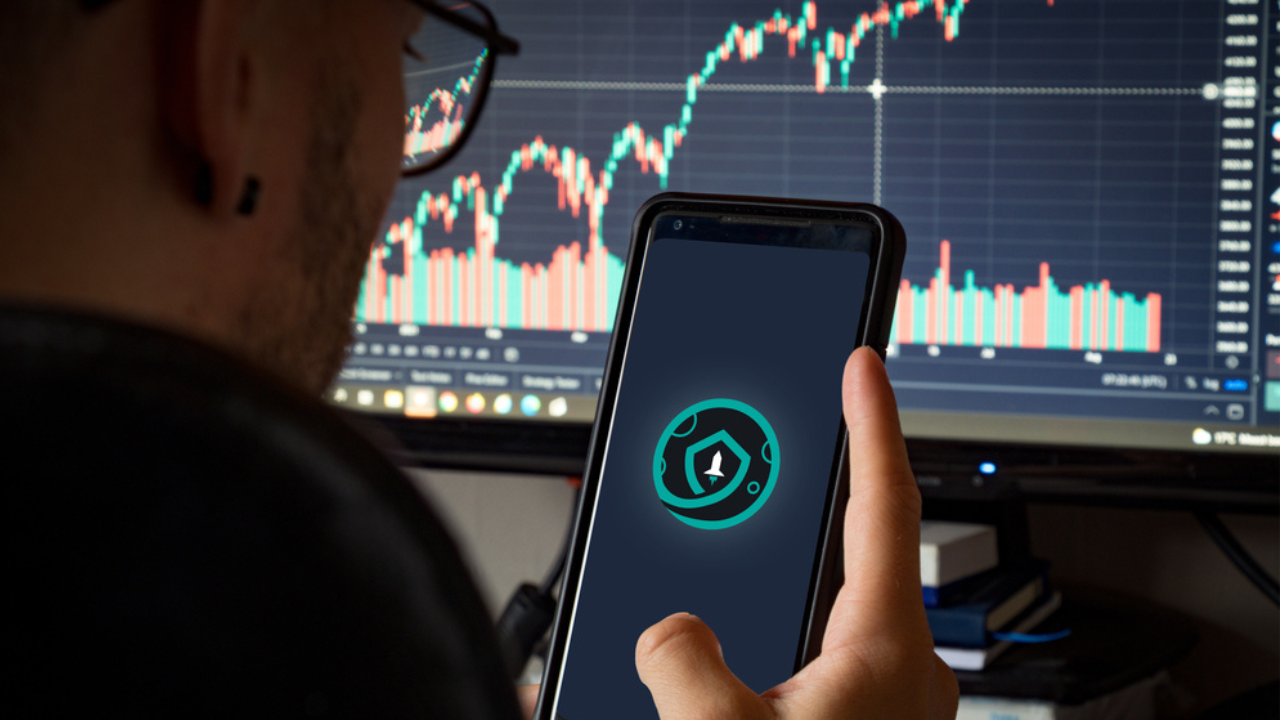Selecting the right trading broker is a crucial decision that can significantly impact your trading journey. Whether you’re a novice investor or an experienced trader looking to switch platforms, understanding what to look for before opening a brokerage account can save you from potential headaches and unnecessary costs. This comprehensive guide explores the essential factors to consider, hidden fees to watch out for, and important features to evaluate before committing to a trading broker.
Understanding Broker Regulation and Security
The Importance of Choosing a Regulated Broker
Regulation is arguably the most critical factor to consider when selecting a trading broker. Trading with a regulated broker provides you with a layer of protection and ensures that the broker operates within established guidelines designed to protect investors. Regulated brokers must adhere to standards and best practices set by financial regulatory agencies, creating a more transparent, ethical, and fair trading environment.
When evaluating a broker’s regulatory status, look for oversight from respected financial authorities. A regulated broker offers you recourse in case of disputes, as you can file a complaint with the regulatory body that will investigate and mediate the matter. Conversely, unregulated brokers often operate illegally in various jurisdictions, leaving you with limited options if issues arise.

Image source: Riverquode’s regulation
Segregated Accounts and Fund Protection
One of the key obligations of regulated brokers is maintaining segregated accounts. This means that client funds must be kept in bank accounts completely separate from the broker’s operational funds. This segregation protects your money if the broker becomes insolvent, ensuring your funds aren’t used to cover the broker’s business expenses or debts.
Transparency in Services and Operations
Reputable brokers provide clear information about their services, fee structures, and how they handle client funds. This transparency allows you to make informed decisions and understand exactly what you’re signing up for. Before opening an account, ensure all terms and conditions are clearly stated and understandable. If information seems deliberately vague or hidden, consider it a potential red flag.
Understanding Fee Structures and Cost Implications
Types of Commission Structures
Trading costs can significantly impact your overall returns, especially if you plan to trade frequently. Brokers typically offer various commission structures:
- Flat Fee Commission: A fixed charge per trade regardless of the size or value. These fees typically range from $5 to $35 per trade and can quickly accumulate for active traders.
- Percentage-Based Commission: Calculated as a percentage of the trade’s total value. This structure is common in real estate transactions but also applies to certain securities.
- Tiered Commission: A structure where rates decrease as trading volume increases, benefiting high-volume traders who pay lower percentages compared to those making fewer trades.
Hidden Investment Fees to Watch For
Many brokers charge additional fees that aren’t immediately obvious when opening an account:
- Loads: These are fees associated with mutual funds and come in two varieties: front-end loads (charged at purchase) and back-end loads (charged when selling shares). Front-end loads reduce your initial investment amount, while back-end loads often decrease the longer you hold the shares.
- Account Maintenance Fees: Some brokers charge periodic fees simply for maintaining your account, regardless of trading activity.
- Inactivity Fees: If your account shows no trading activity for a specific period, you might be charged an inactivity fee. These fees are designed to encourage active trading.
- Paper Statement Fees: Many brokers now charge for sending physical statements, encouraging the use of electronic communications.
Margin Trading Considerations
When opening a brokerage account, you may be asked if you’d like to enable margin trading. This feature allows you to borrow money from the broker to make trades, but it comes with interest charges and increased risk. While margin can amplify gains, it can also magnify losses. For beginners, it’s generally advisable to stick with a cash account initially until you fully understand the mechanics and risks of trading on margin1.
Evaluating Trading Platforms and Tools
Platform Comparison and Selection
Trading platforms vary significantly in terms of features, ease of use, and tools offered. Some brokers develop proprietary platforms while others offer popular third-party solutions like MetaTrader. When evaluating platforms, consider:
- Execution Speed: How quickly orders are processed and executed
- Analytical Tools: Available charting capabilities and technical indicators
- User Interface: Intuitiveness and ease of navigation
- Mobile Accessibility: Quality and functionality of mobile applications5
Demo Account Availability
Before committing real capital, check if the broker offers a demo account. These practice accounts allow you to explore the trading platform, test trading strategies, and familiarize yourself with the broker’s offerings using virtual money. Demo accounts are invaluable educational tools, especially for beginners, and can help determine if a platform suits your trading style and needs.
Advanced Trading Features
Depending on your trading strategy, you might require specific advanced features:
- Expert Advisors: For automated trading strategies
- News Integration: Real-time economic news and analysis
- Performance Analytics: Tools to review and improve your trading performance
- Multiple Order Types: Availability of limit orders, stop orders, and conditional orders
Account Opening Process and Requirements
Documentation and Verification
Opening a brokerage account typically takes less than 15 minutes, but requires specific personal information:
- Full name and address
- Social Security number or equivalent
- Government-issued ID
- Proof of address in some cases
Most brokers implement Know Your Customer (KYC) procedures to verify your identity and comply with regulatory requirements. Be prepared to provide this information during the application process.
Age Requirements and Funding
In most states, you must be at least 18 years old to open a brokerage account in your name. However, parents can establish accounts for minors in many cases. While many brokers don’t require an initial deposit to open an account, you’ll need to link a bank account to fund your trading account when you’re ready to start investing.
Account Activation and Verification Process
Some brokers require an additional verification step before you can begin trading. This might involve confirming a small test deposit to your linked bank account. The broker deposits a nominal amount (typically a few cents) in your bank account, and you must verify the exact amount to complete the account setup process.
Customer Service and Support Evaluation
Availability and Accessibility
Quality customer support can make a significant difference in your trading experience, especially during market volatility or when facing technical issues. Evaluate a broker’s customer service by considering:
- Hours of Operation: Many reputable brokers offer 24-hour customer service during business days through regional service centers.
- Contact Methods: Available communication channels such as phone, email, live chat, or in-person support.
- Response Time: How quickly the broker typically responds to inquiries or resolves issues.
Support Quality Assessment
Before opening an account, test the broker’s customer service by asking specific questions about their offerings or policies. This interaction can provide insight into their responsiveness and knowledge level. Some brokers also record customer service calls for quality control purposes, indicating their commitment to service improvement.
Self-Service Resources
Many brokers provide comprehensive knowledge bases, FAQs, and troubleshooting guides that can help you find answers without contacting customer service. A robust self-service section can indicate a broker’s commitment to client education and satisfaction.
Educational Resources and Research Tools
Learning Materials Assessment
The quality and comprehensiveness of educational resources can significantly impact your trading journey, especially if you’re new to investing. Many brokers provide educational materials ranging from basic concepts to advanced trading strategies.
When evaluating a broker’s educational offerings, look for:
- Content Variety: Articles, videos, webinars, and interactive courses
- Topic Range: From fundamental concepts to advanced trading techniques
- Accessibility: Whether resources are available free or require premium subscriptions
- Quality and Depth: The thoroughness and accuracy of information provided
Market Research and Analysis Tools
Beyond educational content, many brokers provide market research, analysis tools, and news feeds. These resources can help inform your trading decisions and keep you updated on market developments. The availability of professional-grade research can add significant value to your trading account.
Security Features and Account Protection
Two-Factor Authentication
In today’s digital environment, account security is paramount. Look for brokers that offer two-factor authentication (2FA) to provide an additional layer of protection beyond your password. This security feature requires a second verification method, typically a code sent to your mobile device, before allowing account access.
Account Insurance and Protection Policies
Many reputable brokers provide insurance coverage for securities and cash in your account, often through organizations like the Securities Investor Protection Corporation (SIPC) in the United States. Understand what protections are offered and any limitations before opening an account.
Privacy Policies and Data Protection
Review the broker’s privacy policy to understand how your personal and financial information will be used, stored, and protected. Reputable brokers implement robust data protection measures and clearly communicate their privacy practices.
Conclusion
Selecting the right trading broker requires careful consideration of numerous factors, from regulation and fee structures to platform features and educational resources. By conducting thorough research and evaluating brokers based on these essential criteria, you can find a partner that aligns with your trading goals and preferences.
Remember that the lowest-cost option isn’t always the best choice-value the complete package of services, security, and support. Take advantage of demo accounts to test platforms before committing, and don’t hesitate to ask detailed questions about fees, features, and policies.
A well-chosen broker serves as a foundation for your trading journey, providing the tools, resources, and support needed to navigate financial markets effectively. Invest time in this decision process now to save potential frustration and costs in the future, setting yourself up for a more productive and enjoyable trading experience.



